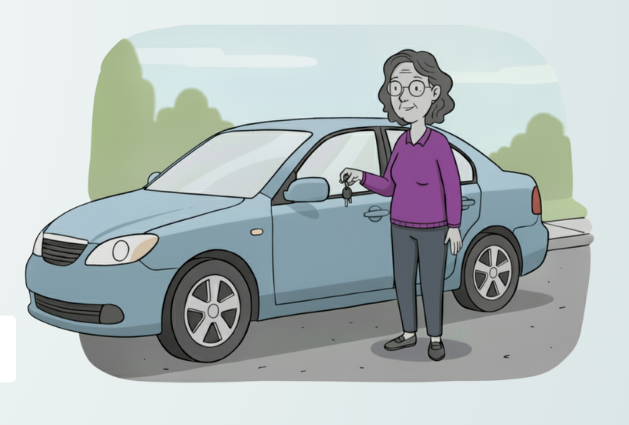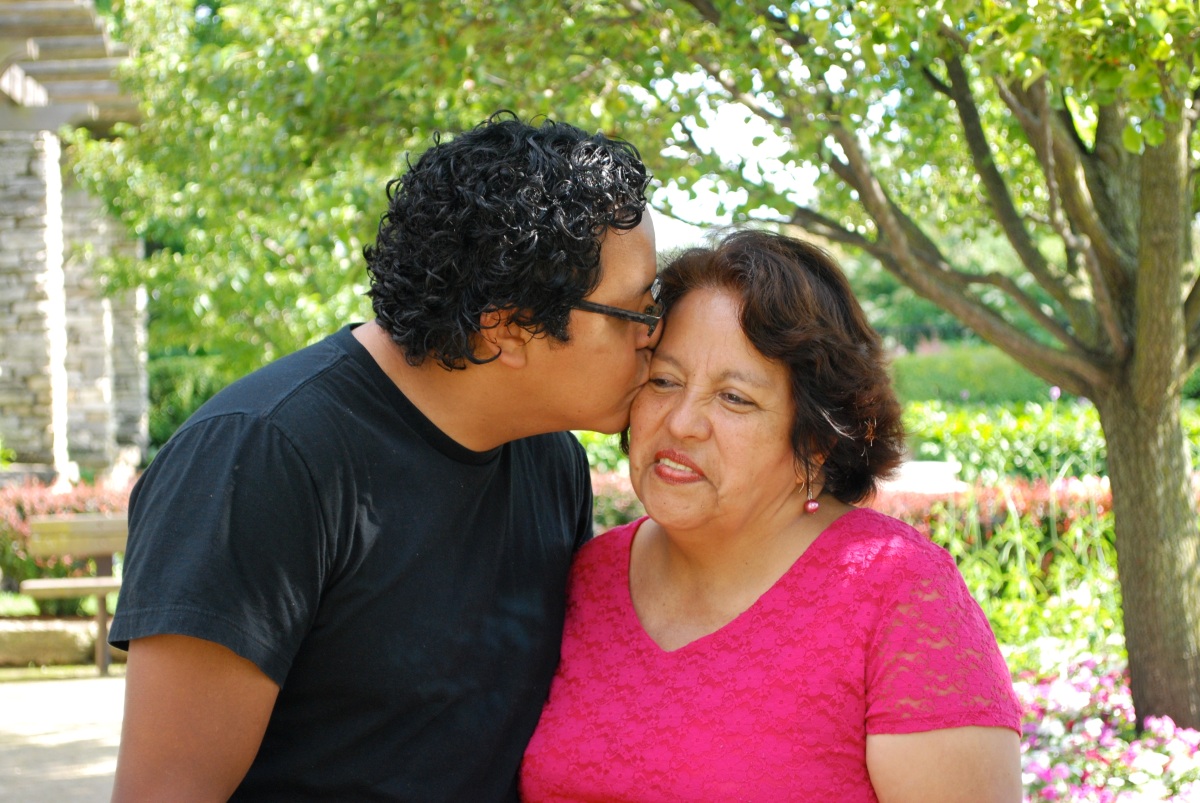Last year, Australia’s Aged Care Act underwent a significant review. In November, the new Act was passed by parliament and will take effect this July. At the core of the new Act is the ‘Statement of Rights’ – a powerful step forward for protecting older people.
The main goal of the new Act is to give older people greater control over their care.
Essentially, ensuring the older person’s preferences and goals come first and aren’t viewed as an afterthought or something to be put in the ‘too hard’ basket. The act will provide stronger protections for older people, changing how aged care services are delivered for the better, whether it’s help at home, or in an aged care home.
These new changes for older Australians mean:
- More choice – The older person decides what care and support suits their needs.
- More say – The older person’s voice matters when their care plan is being created.
- More flexibility – The person’s care should fit around their life, not the other way around.
Providers must now work with older individuals to create plans that support their independence, health, and wellbeing.
What is the Statement of Rights?
There is a set of six rights based on two international human rights conventions. This new Statement of Rights replaces the Charter of Aged Care Rights that’s been around since 2019 and, for the first time, is embedded in primary legislation, ensuring dignity, independence, and fairness in aged care at all times.
Unlike the previous Charter, this legally enshrined Statement of Rights strengthens protections for older people and holds registered aged care providers fully accountable. Providers must not only understand these rights but also design and deliver their services in alignment with them.
The Statement of Rights’ six key areas are:
- Independence, Autonomy, and Freedom of Choice – Older people’s choices come first, replacing outdated ‘we know best’ attitudes. Example: “I can eat as much dessert as I want!”
- Equitable Access – Respect for diverse backgrounds, whether related to cultural practices, sexual preference, or past trauma etc.
- Quality and Safe Aged Care Services – Older individuals must be treated with respect, not like children.
- Privacy and Information Protection – Ensuring personal space and confidentiality. Example: In an aged care home, “This is my room – and my home. Please knock!”
- Person-Centred Communication and Complaint Protections – Stronger ‘whistleblower’ protections for reporting issues and aiming for consistent staffing to foster familiarity.
- Access to Advocates and Social Connections – Meaningful relationships are crucial to wellbeing, and access to advocates or significant persons should not be restricted.
What does this mean for older Australians?
The introduction of the Statement of Rights brings several benefits:
- Greater recognition of older people’s decision-making rights and access to information.
- More control over who assists them in decision-making.
- Establishing older individuals as rights holders (separate from carers, families, or advocates).
- Stronger protections for raising complaints and providing feedback.
- Improved access to advocacy, education, and information.
This is a momentous step forward for aged care in Australia, and at Advocare, we are excited to be part of these landmark reforms. If you or someone you know needs support or has questions about the changes, our team is here to help on the Aged Care Advocacy Line, 1800 700 600.
Find out more about the new Aged Care Act
If you’d like to find out more directly from the source take a look at the Department of Health and Aged Care’s website where you’ll find the latest information, such as fact sheets summarising the Statement of Rights and the Act itself.
Prefer to watch a webinar? Our colleagues at the Older Person’s Advocacy Network (OPAN) have developed a series of informative webinars on Aged Care Act topics. Find them here.








